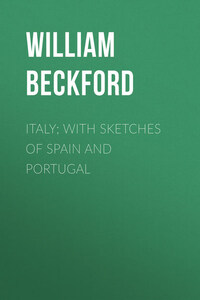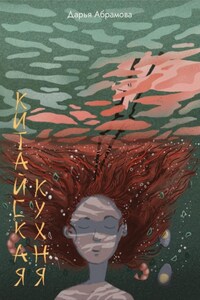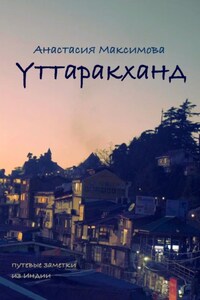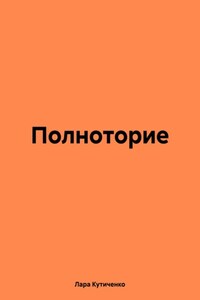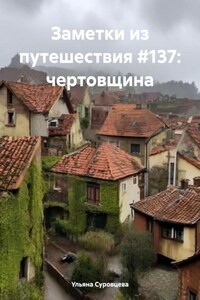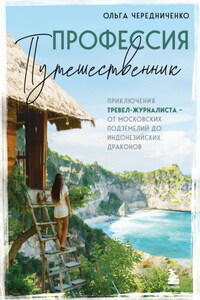Passage to Ostend. – The Capuchin church. – Ghent. – Quiet and Content, the presiding deities of Flanders. – Antwerp. – The Place de Meir. – Silence and solitude of the town, contrasted with the tumult and uproar of London.
WE had a rough passage, and arrived at this imperial haven in a piteous condition. Notwithstanding its renown and importance, it is but a scurvy place – preposterous Flemish roofs disgust your eyes when cast upwards – swaggering Dutch skippers and mongrel smugglers are the principal objects they meet with below; and then the whole atmosphere is impregnated with the fumes of tobacco, burnt peat, and garlick. I should esteem myself in luck, were the nuisances of this seaport confined only to two senses; but, alas! the apartment above my head proves a squalling brattery, and the sounds which proceed from it are so loud and frequent, that a person might think himself in limbo, without any extravagance.
In hope of some relief, I went to the Capuchin church, a large solemn building, in search of silence and solitude; but here again was I disappointed. There happened to be an exposition of the holy wafer with ten thousand candles; and whilst half-a-dozen squeaking fiddles fugued and flourished away in the galleries, and as many paralytic monks gabbled before the altars, a whole posse of devotees, in long white hoods and flannels, were sweltering on either side.
This papal piety, in warm weather, was no very fragrant circumstance; so I sought the open air again as fast as I was able. The serenity of the evening – for the black huddle of clouds, which the late storms had accumulated, were all melted away – tempted me to the ramparts. There, at least, thought I to myself, I may range undisturbed, and talk with my old friends the breezes, and address my discourse to the waves, and be as romantic and fanciful as I please; but I had scarcely begun a poetic apostrophe, before out flaunted a whole rank of officers, with ladies and abbés and puppy dogs, singing, and flirting, and making such a hubbub, that I had not one peaceful moment to observe the bright tints of the western horizon, or enjoy those ideas of classic antiquity which a calm sunset never fails to bring before my imagination.
Finding, therefore, no quiet abroad, I returned to my inn, and should have gone immediately to bed, in hopes of relapsing into the bosom of dreams and delusions; but the limbo I mentioned before grew so very outrageous, that I was obliged to postpone my rest till sugarplums and nursery eloquence had hushed it to repose. At length peace was restored, and about eleven o’clock I fell into a slumber. My dreams anticipated the classic scenes of Italy, the proposed term of my excursion.
Next morning I arose refreshed with these agreeable impressions. No ideas, but such as Nemi and Albano suggested, haunted me whilst travelling to Ghent. I neither heard the coarse dialect which was talking around me, nor noticed the formal avenues and marshy country which we passed. When we stopped to change horses, I closed my eyes upon the dull prospect, and was transported immediately to those Grecian solitudes which Theocritus so enchantingly describes.
